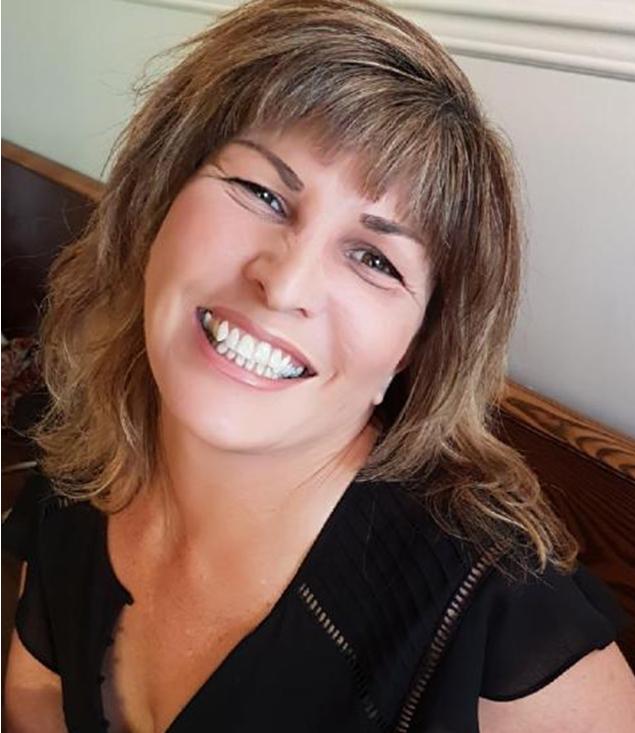Warning message
- Last import of users from Drupal Production environment ran more than 7 days ago. Import users by accessing /admin/config/live-importer/drupal-run
- Last import of nodes from Drupal Production environment ran more than 7 days ago. Import nodes by accessing /admin/config/live-importer/drupal-run
Unpublished Opinions
Hacking the Safer Ontario Act 2017: "Accountability and Organizational Effectiveness? Your (Repeated) Inquiries are Moot"

While legislation tells us that no public servant reserves the right to monopolize access to power and circumvent processes meant for the fairness of the public, they do. Repeatedly. Beyond the recent watershed of sexual allegations and #MeToo hashtags, there is no shortage of headlines exposing breaches of trust, conflicting interests and other inappropria by elected officials.
The concept of 'power' is exclusive to humans - no other species exploits its peers for their own self-interest - and also exclusive to humans is the ability to pervert legislative beyond its mandate. When legislation becomes a personal or political instrument, it fails the public interest - and that is a 'people' problem not a legislative problem and no amount of re-scribing of legislation will correct dysfunctional power.
Be assured that when public officials serve their interests before ours, they have fettered out legislative loopholes to their benefit. If caught, apologetic refrains of errors in judgment ensue, followed by verbal spankings and talk of closing the gap, then everybody is back to work as if nothing ever happened. If they are not caught, the loophole, likely along with others, will continue to be well used and exploited.
If the governance and public complaints processes that were intended to empower the public are bureaucratic and hard-to-navigate, they act as a shield making accountability unattainable. Every governance body and process should be empathetic to the public, not officials the who work for the public. Though some may suggest this is unjust, these processes are formed on the principles of accountability not the justice model.
Does, Bill 175, the Safer Ontario Act, conceptually address and deliver on the observations from Justice Tulloch's report? Absolutely. Do the amendments upend dysfunctional power and authorize the public to keep the Police Services Boards accountable ? No, it does not. Here's why:
While the amendments outline requirements to "enhance police accountability to the public" (by establishing an Inspector General to oversee and monitor police services and police services boards (PSBs) in the public interest, etc.) there are few controls to ensure that public confidence drives the mandate and that the complaints process will be operationalized any differently than it is now.
Where the Safer Ontario Act addresses "training" for PSB members, there is no elaboration on the problem that this will solve. If most PSB members have little or no education in policing, policy nor performance measurement - they are not professionalized - and they governing police services, who are professionalized, there is inherently a lack of effective, critical thinking on the delivery of services.
In short, far more could have been done to better govern the members of PSBs - stringent performance criteria, limiting member terms, periodic public consultation and fostering of civilian engagement and developing educational and professional benchmarks. Further, the organizational health of the police service itself, was ignored; this should have been the focal point of scrutiny for the benefit police service members and the public.
Legislation allows for specific governing details on the 'for who/by who', what is to be governed, under what conditions and exceptions and within a defined response period; none of these were met by the Safer Ontario Act amendments. (This is not to suggest this was an intentional omission but does point to a lack of understanding of the root problem.)
After reading the proposed changes in the Safer Ontario Act, I couldn't help but recall a recent conversation with counsel from the Attorney General's Office. While discussing the responsibilities of PSBs under the PSA, I was told that holding PSBs accountable under Sections 27-40 and O/Reg 421/97 Code of Conduct is "very difficult" and is "rarely enforced".
How this could be, I do not know. What prevents governance bodies from ensuring PSBs are doing their job? Are PSBs the same as the numerous municipal committees that function as popularity contests for the councillors, instead of democratic public instruments? Frankly speaking, if the public has to baby-sit the actions of PSB members, maybe we are attracting the wrong people to these important positions or maybe they have been rotting around for too long.
On a personal note regarding these processes, I recently requested clarification on an elected official's activities; it was met with intimidation, derision and suggestions that my inquiries may be "harassing". (I am well aware of what harassment is - faceless online harassment for voicing opinion, death threats and suggestions of violence. Collectively, it is the attempt to oppress and deter by nearly any means possible).
If the above is how inquiries and complaints are met, it is no wonder that when the public is apprised of, say, real estate and assets transfers, numbered companies, favour-trading and lascivious rumours, that they are reluctant to pose questions.
As much as some elected officials may not like questions, I may not like paying their salary - but I am required to do so. In turn, they should be required - compelled, in fact - to answer any question by the public through the most unbureaucratic means possible.



Comments
Be the first to comment